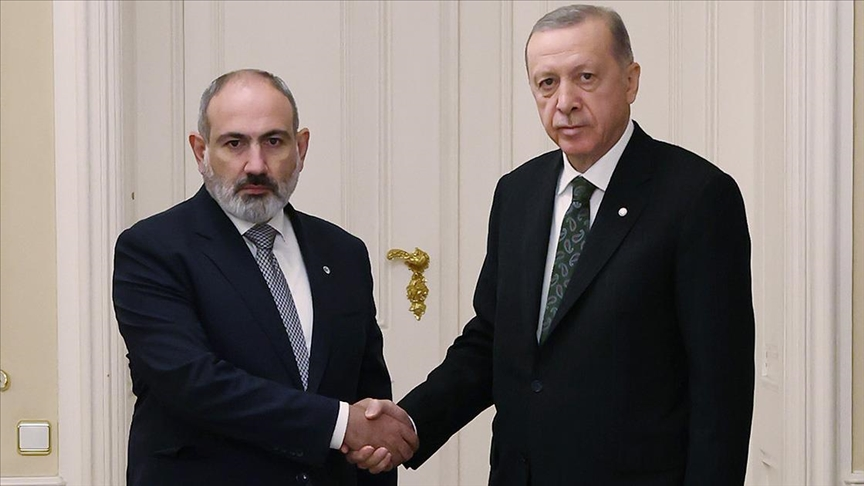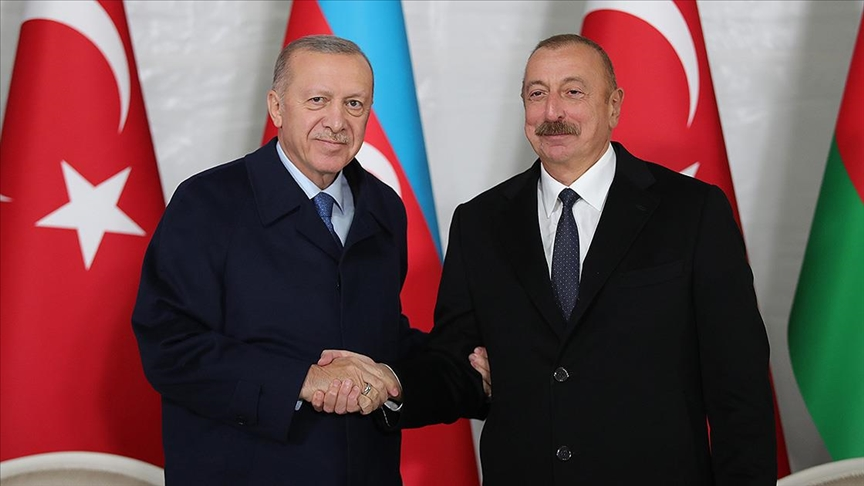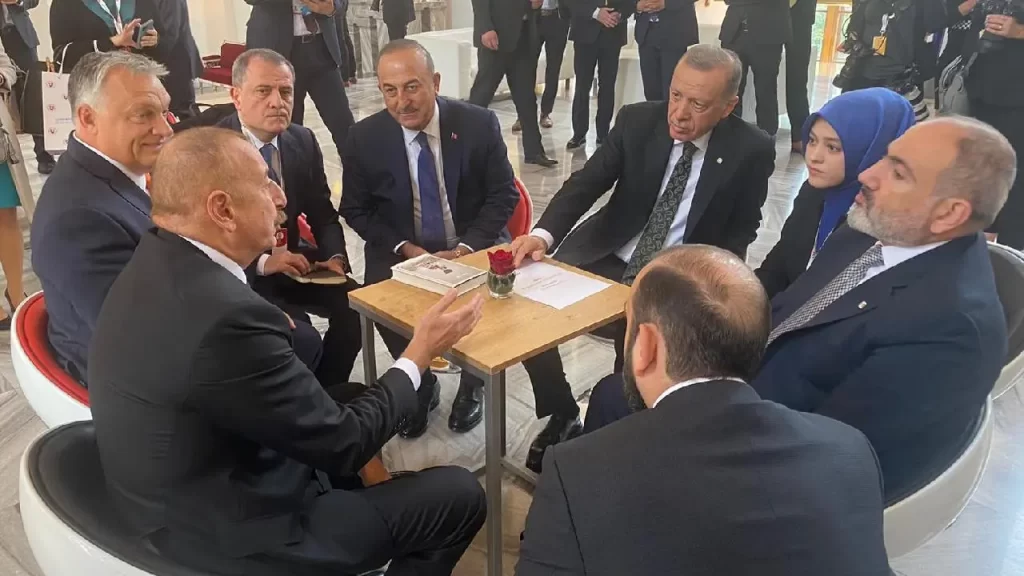Turkey’s Role in the Armenia-Azerbaijan Peace Process: Broker or Participant?
The South Caucasus region, with its complex political landscape, has long been an arena for international diplomacy, especially after the Armenia-Azerbaijan conflict over Nagorno-Karabakh. Following the 2020 ceasefire, peace negotiations continue, with Turkey’s role as a key player. This article explores Turkey’s involvement, its strategic influence, and whether it can act as a neutral mediator or is inevitably viewed as a participant with vested interests.
Historical Background and Turkey’s Connection
Turkey has shared cultural and ethnic ties with Azerbaijan, fostering a bond that is both historical and strategic. During the 2020 Nagorno-Karabakh conflict, Turkey openly supported Azerbaijan, providing military and diplomatic support. This close relationship has been pivotal in shaping Turkey’s approach to post-war negotiations, positioning it as both an ally to Azerbaijan and a regional power with a vested interest in stability.

Turkey’s Objectives in the South Caucasus
Turkey’s involvement goes beyond merely supporting Azerbaijan; it’s about establishing a balance of power in the South Caucasus. By facilitating dialogue, Turkey aims to:
- Strengthen its influence in the region
- Counterbalance Russian presence
- Open up economic and trade corridors connecting Central Asia, Turkey, and Europe
Through these efforts, Turkey hopes to enhance regional cooperation, establish itself as a reliable partner, and bolster its role as a mediator in broader geopolitical conflicts.
Recomended Article: Exposing the Western Double Standards and Media Games
Turkey as a Potential Peace Broker
Turkey’s role as a peace broker is viewed with both optimism and skepticism. Here are key points shaping this perception:
Diplomatic Outreach and Peace Initiatives
Turkey has been involved in various diplomatic efforts to normalize relations between Armenia and Azerbaijan. By engaging directly with both countries, Turkey hopes to mediate in establishing a sustainable peace framework. Its recent diplomatic dialogues with Armenia, despite historical tensions, underscore Turkey’s commitment to regional stability.
Initiatives to Build Trust
Efforts to ease Armenia-Azerbaijan tensions have included Turkey’s support for dialogue and economic collaboration. This push towards peace initiatives reflects Turkey’s desire to stabilize the region for its economic and strategic interests.

Balancing Regional Power Dynamics
Turkey’s involvement is not only diplomatic but also strategic. With Russia’s significant influence in the South Caucasus, Turkey’s engagement is a counterbalance to Moscow’s role in the region. This power dynamic positions Turkey as an influential mediator, yet its close ties to Azerbaijan lead some to question its neutrality.
Challenges to Turkey’s Role as a Neutral Broker
Despite Turkey’s intentions, there are factors that challenge its perception as a neutral broker:
- Allegiance to Azerbaijan: Turkey’s strong support for Azerbaijan has led Armenia to view Turkey’s role with caution, seeing Turkey more as a participant in the conflict than a neutral mediator.
- Historical Tensions with Armenia: The historical context, including the legacy of the Ottoman Empire and the Armenian Genocide issue, adds layers of mistrust that complicate Turkey’s peace efforts.
- Geopolitical Rivalries: The South Caucasus has long been a space for power contests between Turkey, Russia, and Iran. These dynamics influence the peace process, where each power seeks to shape outcomes favorable to its strategic interests.
Related Article: A New Global Order Theory: What if Russians convert into Islam?
Can Turkey Sustain its Role in the Peace Process?
For Turkey to be seen as a genuine peace broker, it needs to reinforce its position with actions that demonstrate impartiality, such as fostering initiatives beneficial to both Armenia and Azerbaijan. These might include economic collaborations, infrastructure projects, or cultural exchanges that help to bridge divides.

The Path Forward: A Balancing Act
To strengthen its role, Turkey could focus on:
- Inclusive Diplomacy: Engaging in talks with both Armenia and Azerbaijan on equal terms
- Economic Initiatives: Supporting joint projects that benefit both nations, which would highlight Turkey’s commitment to a balanced peace
- Third-party Mediation: Collaborating with other neutral countries or international organizations to foster a sense of impartiality in the peace process
Broker or Participant?
Turkey’s role in the Armenia-Azerbaijan peace process is multifaceted, influenced by historical alliances, regional rivalries, and geopolitical ambitions. While Turkey’s alliance with Azerbaijan challenges its image as a neutral mediator, its sustained diplomatic efforts show a commitment to stability. The question remains whether Turkey can navigate these complexities and establish itself as a peace broker or if its vested interests will inevitably cast it as a participant.
Turkey’s future involvement will likely depend on its ability to balance its ties with Azerbaijan with actions that inspire trust from Armenia. If Turkey can maintain this balance, it may yet emerge as a constructive force for peace in the South Caucasus, contributing to a stable and prosperous region.
Related Article: Turkey Welcomes Armenia’s Recognition of Palestine as a State













